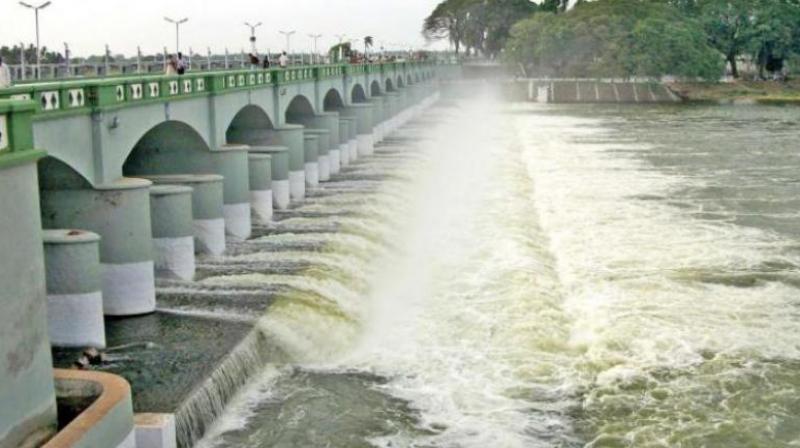Cauvery board: Time for Supreme Court to take charge
The biggest question is whether the lower riparian states can ever expect to get water as per the award?

Politics has trumped the final Cauvery award once again, at least for a while. “The Prime Minister is travelling” — would appear the weakest of excuses to put before the Supreme Court even for a peripatetic PM and his ministers. And yet, this is what was stated brazenly by the Centre to a bench headed by Chief Justice Dipak Misra. The issue here is not about just the few more days or weeks sought to implement the award as much as bringing into question the Supreme Court’s very authority. An institution offering the balance of power in a democracy, where the executive rules with legislative sanction, is already under fire thanks to its standing weakened by serious internal issues of administering the justice system. The Centre’s actions guided by the ruling party’s electoral ambitions with respect to the Karnataka election are a blatant snub to the majesty of our highest court.
A few weeks in the timeframe of a dispute said to go back to the 19th century, with the first proposal for a dam across the Cauvery river, may barely cause a ripple in the ocean of time. However, the scant regard paid to a final verdict given on February 16, which is likely to settle the dispute for the next 15 years at least, is tantamount to disregarding the court’s powers even more than being in contempt of its order. This would represent an existential crisis for the Supreme Court as well, if not for the sanguine belief that the Cauvery Management Board will be formed once the politics of the election is out of the way. The more is the pity as there was a fair balance between the drinking water needs of Bengaluru city and the thirsty rice bowl of Tamil Nadu’s Delta districts.
A flashpoint is already building over Karnataka’s suggestion to pack the Cauvery Management Board or “scheme” with minister-politicians of the four states. A deadline over release of water for Tamil Nadu for April and May is another challenge to a state that has shown extreme reluctance to get down to distribution of water resources so that they are shared equitably. While political compulsions in the run-up to the May 12 election are bound to be extreme, the biggest question is whether the lower riparian states can ever expect to get water as per the award, or will they only be left praying for rain so that the flow cannot be stopped for want of holding capacity? Tamil Nadu has averred in the court that this is a test for cooperative federalism itself. The court is committed to hearing out suggestions on the CMB from the Centre and the states, but unless it takes the lead in framing an iron-clad scheme for water sharing, the Cauvery river waters issue will fester for decades longer.

